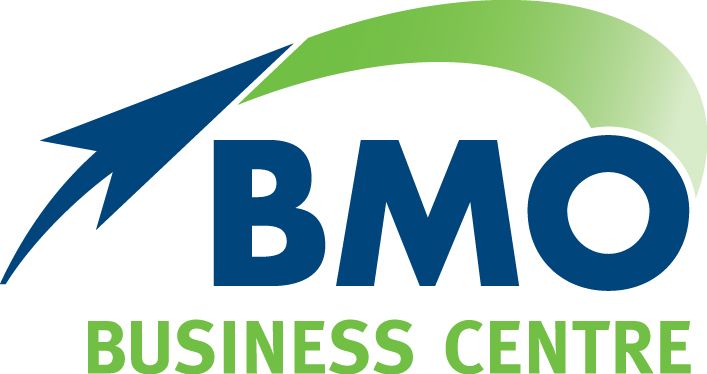End of Financial Year checklist
It always takes some planning to get your finances in order for the end of financial year, and this year may look a little different, come June 30. The COVID-19 pandemic may have impacted your circumstances and therefore your situation could be looking different to normal.
Perhaps you have been working from home, your wages may have reduced or been boosted by government payment support, or you have had to make major financial decisions as a result.
Here are things to consider to ensure you’re on the front foot come June 30.
Working from home deductions
Whether you’re used to working from a home office or have been forced to due to COVID-19, it’s good to be across what you can claim on tax.
Given that working from home is a new situation for many, the Australian Taxation Office has made it easier to claim deductions. You won’t have to submit a detailed logbook, as you can now claim a deduction of 80 cents for each hour you work from home due to COVID-19. Therefore you only need to keep track of the hours you work from home, along with proof of your expenses.
There are a couple of provisos with this ‘shortcut method’: the work needs to be fulfilling your employment duties (not simply checking your email every now and then) and you must have incurred additional deductible running expenses as a result of working from home. These home deductions must be directly related to earning your income – as tempting as it is to claim Netflix as a research tool, unless you’re a television critic this is unlikely to fly!
You need to keep records of your expenses and be able to show that you, not your employer, has paid for them. You must also include any allowance you receive from your employer as income on your tax return. Be mindful that the ‘shortcut’ method may not be the best for your circumstances and it may be worthwhile, if a little more laborious, sticking to the old method. For more information on working from home deductions, visit the ATO’s website.
Boosting your super
While the COVID-19 situation has seen some dipping into their superannuation, if you’re able to, it’s always a smart idea to use the end of financial year to give your super a bit of a boost as even the smallest amount can really add up over time.
There are many ways of growing your super to think about, including;
- Making tax deductible contributions,
- Salary sacrificing up to your $25,000 annual cap,
- The low income super tax offset is available to those who earn $37,000 or less a year, and means that if you or your employer contribute to your super, you may be eligible for a tax offset of up to $500 per year*,
- The spouse contributions tax offset means you may be able to claim an 18% offset (maximum of $540 offset) on contributions up to $3,000 that you make on behalf of your non-working or low-income-earning partner*.
Bring forward expenses
If you are in a position to do so, bring forward any expenses and delay income. This may not be possible for many businesses and individuals in the current climate, but it’s worth keeping in mind if this is an option for you.
Working from home may have made you realise you need to upgrade your home computer or invest in better office furniture. Making your purchases before the end of the tax year will not only impact your return sooner rather than later, but you can take advantage of EOFY sales.
Clear the decks
With some tough times ahead on the economic front, it’s is a good time to evaluate your income and expenditure. Now is the perfect time to look at your insurances, utilities and seek out any no longer relevant expenses to see what you can cut back on.
It’s a bit of a different environment for end of financial year this year, if we can do anything to make things easier for you please get in touch.
*The information in this article does not take into account your objectives, needs and circumstances. We recommend that you obtain investment and taxation advice specific to your investment objectives, financial situation and particular needs before making any investment decision or acting on any of the information contained in this document. Subject to law, Capstone Financial Planning nor their directors, employees or authorised representatives gives any representation or warranty as to the reliability, accuracy or completeness of the information; or accepts any responsibility for any person acting, or refraining from acting, on the basis of the information contained in this document. Principal Wealth Management Pty Ltd trading as BMO Financial Solutions ABN 53 109 336 601 is a Corporate Authorised Representative (CAR 277821) of Capstone Financial Planning Pty Ltd ABN 24 093 733 969 Australian Financial Services Licence (AFSL) No. 223135.
The post End of Financial Year checklist appeared first on BMO Accountants.


